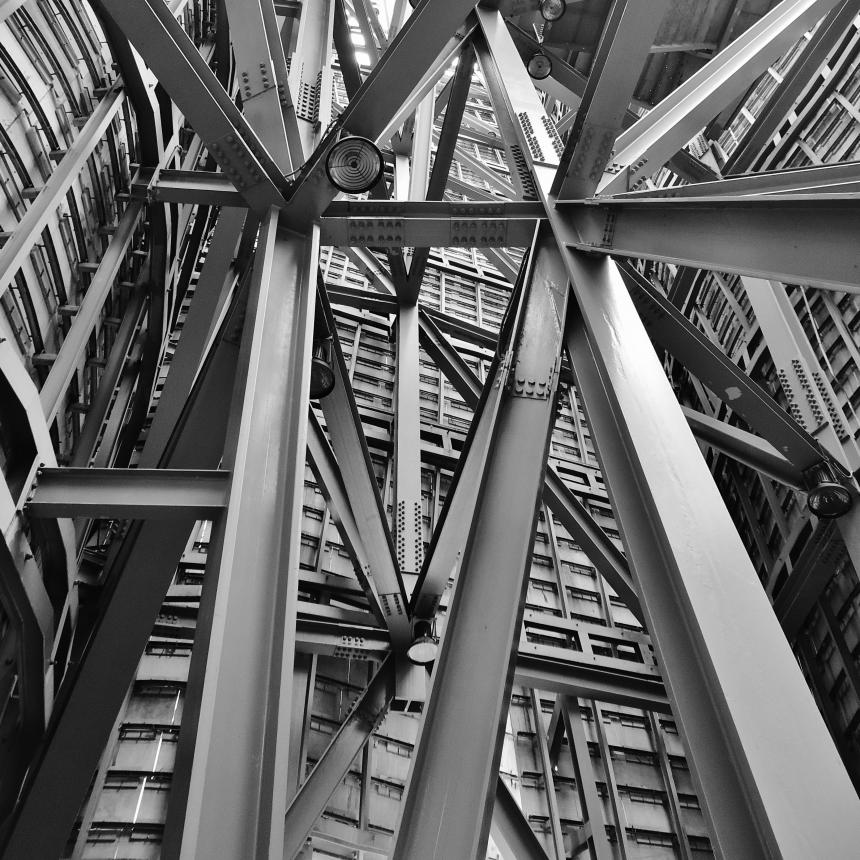While titanium recycling has improved a lot, the present rate of overall metal recycling activity is estimated to be around 30% only.
This is why more efforts are needed in addition to various recycling programs to further increase public awareness.
One of the biggest difficulties of recycling metals is the growing complexity of various metal products’ designs. Add to this the fact that most items today are made from various combinations of different materials. Thus, scraping each type of valuable metal from an object like a smartphone containing up to forty various elements makes the job very challenging.
Thankfully, modern metal recycling technologies are becoming more sophisticated in effectively identifying the multitude of various types of metals. They can help separate ferrous materials from non-ferrous ones, which is one of the major steps in the metal recycling process. In sorting metals from a combined stream of recyclable materials, the first material being removed is the paper. This leaves plastics and metals behind for further processes. In the case of titanium recycling, electric currents are often used to finally locate the metal parts of the item. In cases where aluminum is involved, the Eddy current can still detect it even if it is not magnetic.
Moreover, extracting valuable metals like titanium, platinum, gold, silver, copper, lead, palladium, and many more is more viable when the amount of scrap metal collected is sufficient enough to be processed. The sorting technologies required for handling bigger titanium recycling projects tend to be more advanced and automated. In fact, the use of sensors is often employed to locate precious metals through x-ray and infrared scans. These metal sensing processes and technologies are proven to enhance metal recovery rates. They are very common in large recycling facilities with a higher capacity of sorting and processing recyclable materials into reusable parts and new final products.
If your business is looking for a solution to recycle your metals, Alnor Industries is a leader in the scrap metal industry. We are transparent with our meticulous metal processing. Contact us today to find out how you can maximize your ROI on metal scraps and recycling.



